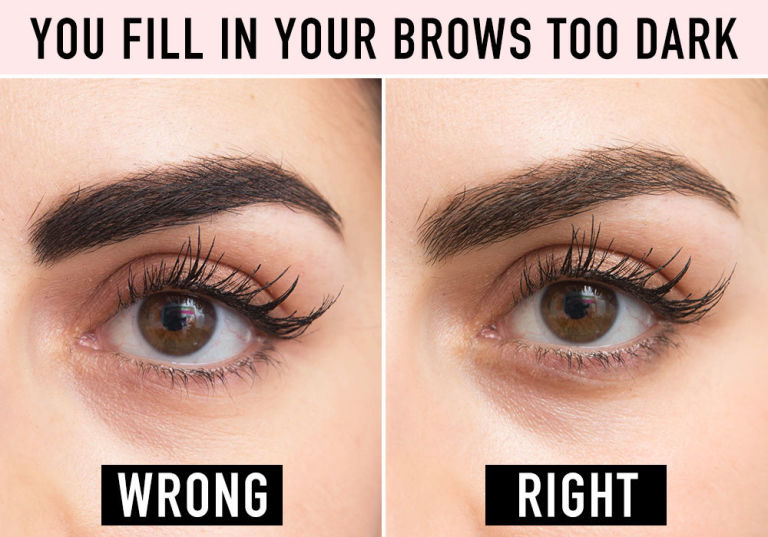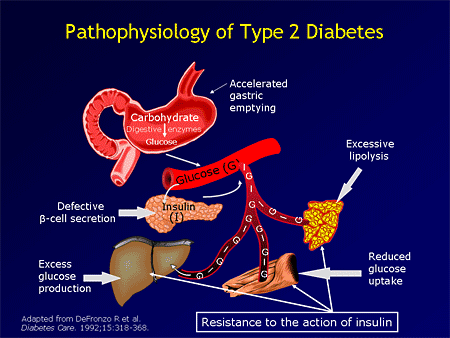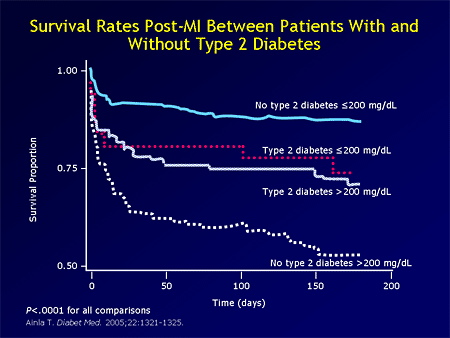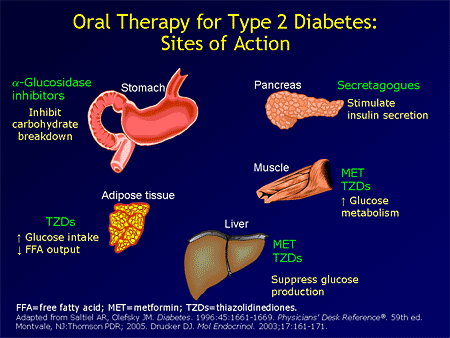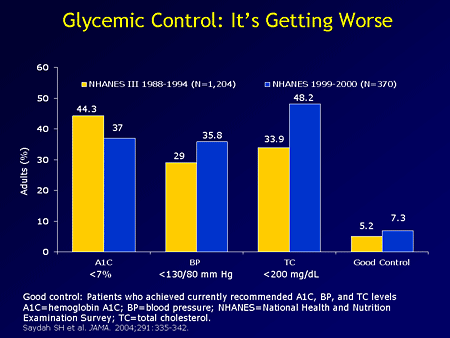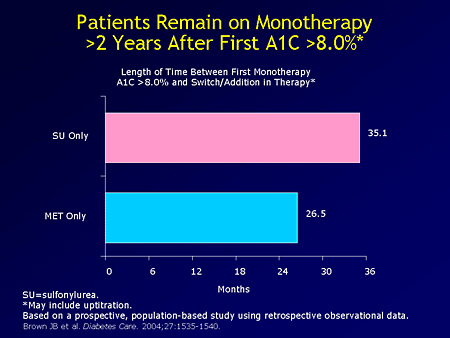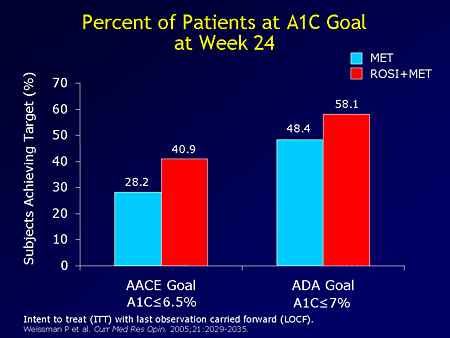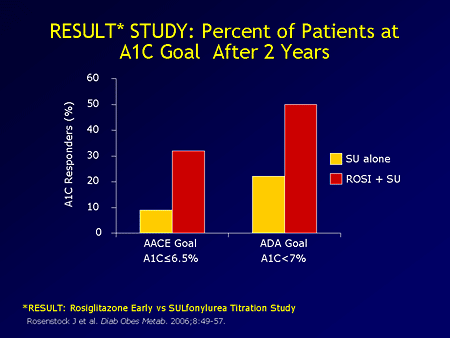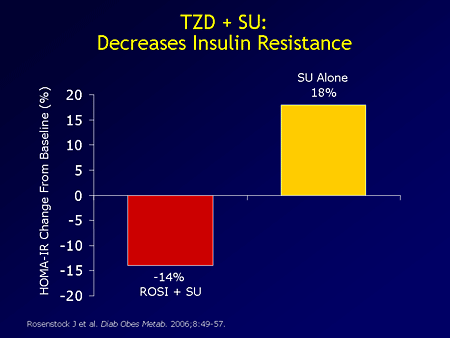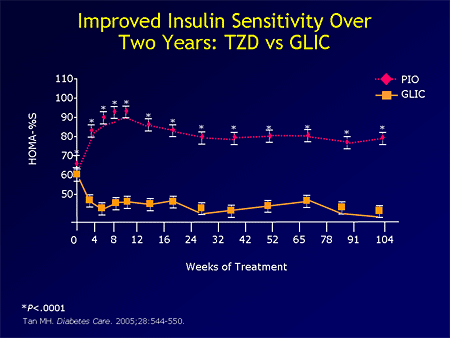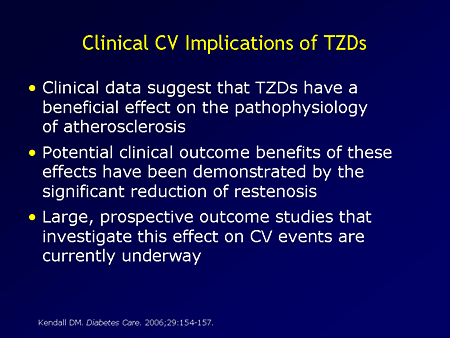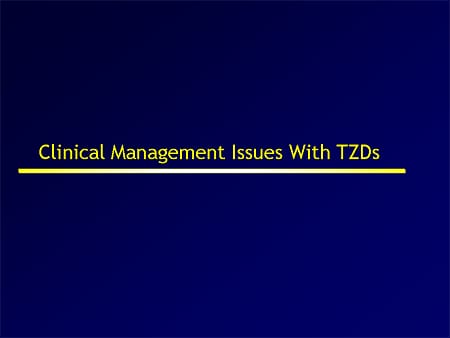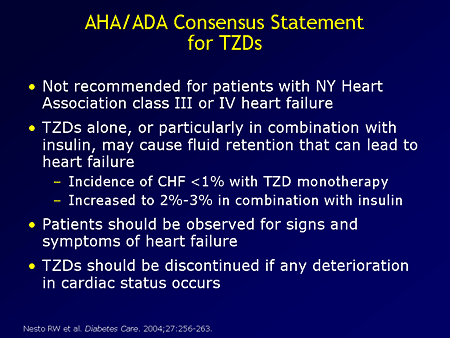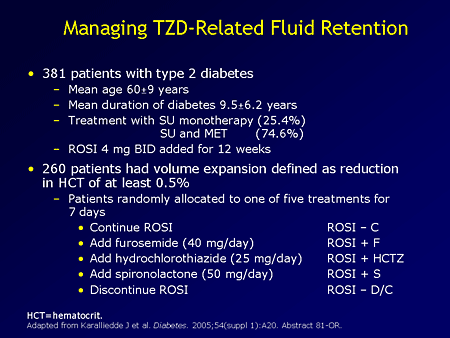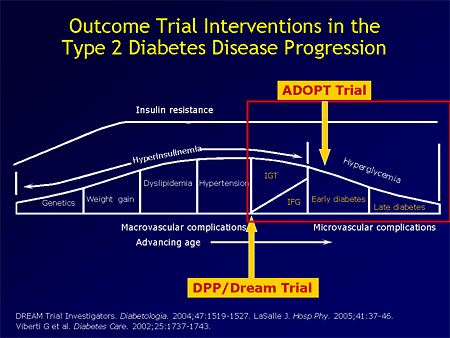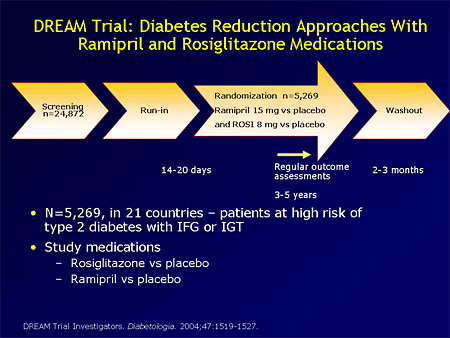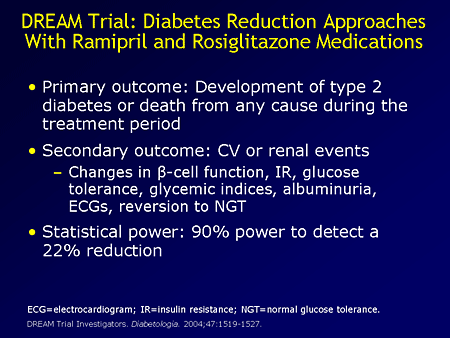Do a Google search on how to get your best body and you’ll be
inundated with pages of training tips. For those who want to take that
same, proactive approach to creating your best relationship, I have your "exercise regimen" below:
1. Do the things you did the first year you were dating
As
the months and years roll on, we tend to slink into our proverbial
sweatpants and get lazy in our relationship. We lose our patience,
gentleness, thoughtfulness, understanding and the general effort we once
made toward our mate. Think back to the first year of your relationship
and write down all the things you used to do for your partner. Now
start doing them again.
2. Ask for what you want
Over time, we assume that our partner knows us so well that we don’t
need to ask for what we want. What happens when we make this assumption?
Expectations are set and just as quickly, they get deflated. Those
unmet expectations can leave us questioning the viability of our
partnership and connection. Keep in mind that “asking for what you want”
extends to everything from emotional to sexual wants.
3. Become an expert on your partner
Think about who your mate really is and what excites him or her (both
physically and emotionally). We can become consumed by what WE THINK
he/she wants, as opposed to tuning in to what truly resonates with the
other person. Remember that if it’s important to your partner, it
doesn’t have to make sense to you. You just have to do it.
4. Don't ask "how was your day"
At
the end of a long day, we tend to mentally check out of our lives and
consequently, our relationship. We rely on the standard question, “How
was your day?” Generally, that boring question will yield a boring
answer such as, “Fine, how was yours?” This does nothing to improve your
connection and instead, can actually damage it because you're losing
the opportunity to regularly connect in a small way.
Instead,
try asking things like, “What made you smile today?” or “What was the
most challenging part of your day?” You’ll be amazed at the answers
you’ll get, with the added benefit of gaining greater insight into your
significant other.
5. Create a weekly ritual to check in with one another
It can be short or long but it begins with asking each other what
worked and didn’t work about the previous week and what can be done to
improve things this coming week. Additionally, use this opportunity to
get on the same page with your schedules, plan a date night and talk
about what you would like to see happen in the coming days, weeks, and
months in your relationship. Without an intentional appointment to do a
temperature check, unmet needs and resentments can build.
6. Keep it sexy
What
might change in your relationship if both you and your partner
committed to increasing the behaviors you each find sexy and limiting
those that aren’t? Think about this in the broadest form. “Sexy” can
certainly refer to bedroom preferences, but it also represents what
excites us about our mate in our day-to-day lives. Do you find it sexy
if he/she helps with the housework? Do you find it "unsexy" when he/she
uses the restroom with the door wide open? Talk about what it
specifically means to "keep it sexy" in your relationship. Be amazed, be
humored, be inspired.
7. Get creative about the time you spend together
Break out of the “dinner and a movie” routine and watch how a little novelty can truly rejuvenate your relationship.
On a budget and can’t go big? Jump on the internet to look for “cheap
date ideas” and be blown away at the plethora of options. Can’t afford a
sitter? Try swapping babysitting time with friends that have kids. It’s
free and they will likely be thrilled to take your kids because they
will get to take advantage when they drop their kids at your place.
8. Get it on
Unless
you have committed to an asexual partnership, sex, sexual contact and
touching (kissing, holding hands, cuddling etc.) are vital components of
a romantic relationship. The frequency is of course, up to you and it's
imperative that you discuss your ideas about it in order to prevent
resentment. Rare are the moments when both partners are “in the mood” at
the exact same second, but that doesn’t mean that you have to decline
their advances. Remind yourself that you will almost always “get there”
after the first few minutes and that an intimate interaction of any kind
builds connection and elevates your mood and health. Bear in mind that
you are never required to say “yes.” If you truly don’t feel it, the
best thing you can do is to postpone. Just make sure that you initiate
or accept within a reasonable amount of time thereafter.
9. Take a (mental) vacation, everyday
Life and work distractions can become paramount in our minds and that
leaves little time or energy for our partner. Practice the art of
“Wearing the Relationship Hat.” This means that (barring any emergencies
or deadlines), we are fully present when we're with our mate. We truly
hear what they are saying (instead of pretending to listen), we leave
our distractions behind and we don’t pick them up again until the sun
comes up and we walk out the door.
Some tips to improve communication
Sadly, we aren’t born with the innate ability to effectively
communicate but it doesn’t mean that we can’t learn. Use the following
techniques to better navigate and limit the tension in your
relationship:
10. Take "fight breaks" when you need them
Before you’ve hit the point of no return and as you see the stress
beginning to escalate, one or both of you can call a break so that
cooler heads can prevail. The crux of this tool lies in the fact that
you must pick a specific time to revisit the conversation (I.e. 10
minutes from now, 2:00pm on Tuesday etc.) so that closure can be
achieved.
11. Dig deep to unearth your true feelings
In most disagreements, we communicate from the “Top Layer,” which are
the obvious emotions such as anger, annoyance and the like. Leading from
this place can create confusion, defensiveness and ultimately distract
from the real issue. Start communicating from the “Bottom Layer” (i.e.
What feelings are really driving your reactions such as disappointment,
rejection, loneliness, disrespect etc.).
This type of expression creates an instant sense of empathy because it requires honesty and
vulnerability
to share from this space. Tension will dissipate and from here,
solutions can spring. Just be sure to use kind, non-reactive phrasing
when expressing these bottom layer feelings, such as “I felt hurt by…”
as a replacement for “You’re such a jerk” etc.
12. Seek to understand ... not agree
Easy in concept, difficult in application. Conversations quickly turn
to arguments when we're invested in hearing our partner admit that we
were right or when we are intent on changing his/her opinion. Choose to
approach a conversation as an opportunity to understand your significant
other’s perspective as opposed to waiting for them to concede. From
this perspective, we have an interesting dialogue and prevent a blow out
or lingering frustration.
13. Make your apology count
It’s
well understood that apologizing is a good thing but it only makes a
real impact when you mean it. Saying things like “I’m sorry you feel
that way” or “I’m sorry you see it that way” are a waste of time and
breath. Even if you don’t agree that your action was wrong, you will
never successfully argue a feeling.
Accept that your mate feels
hurt and from this place, a real apology can have a significant impact.
When you love your partner and hurt them (intentionally or not) you can
always legitimately apologize for the pain you caused regardless of
your perspective on what you did or didn’t do.
You are now,
officially armed with the comprehensive exercise routine to fully
reshape your relationship. Trim the fat and build your hottest
relationship for life!


















